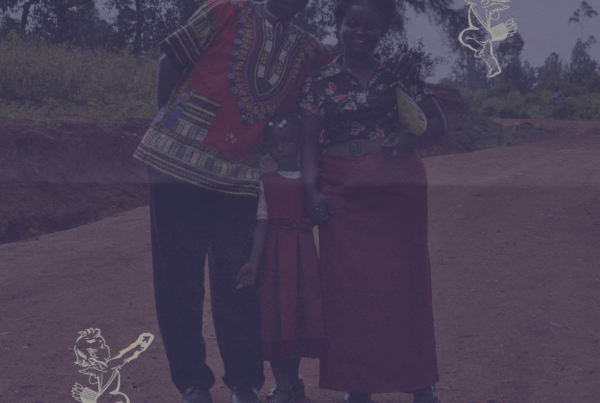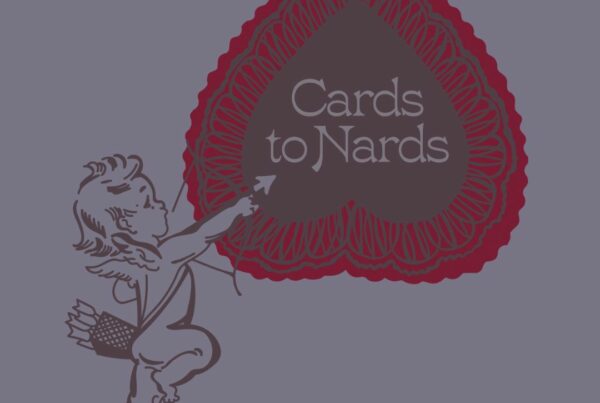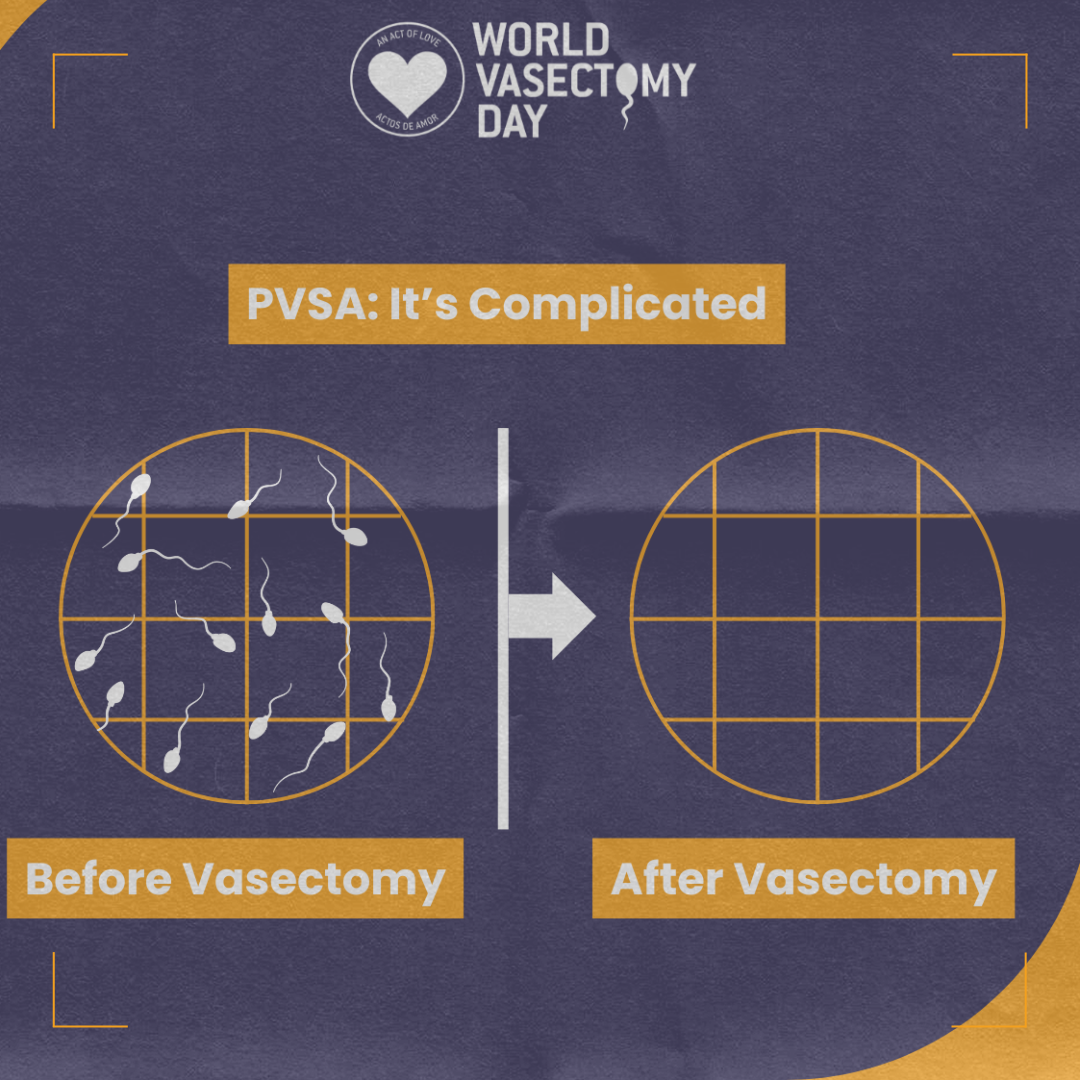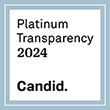A Global Opportunity for Collaboration
By Associate Professor RM Sandra Oyarzo-Torres
Department of Education in Health Sciences. Faculty of Medicine, University of Chile, Santiago, Chile.
By Associate Professor RM Sandra Oyarzo-Torres
Department of Education in Health Sciences. Faculty of Medicine, University of Chile, Santiago, Chile.
President, International Confederation of Midwives (ICM)
Introduction
Midwives are essential providers of sexual and reproductive health (SRH) and rights (SRHR) across the globe. With over 1.7 million midwives in the world, more than 1 million are represented through 139 associations in 118 countries by the International Confederation of Midwives (ICM) (ICM, 2024). They are often the first and most trusted point of contact for women, couples, families, and gender diverse people. Their reach extends from urban hospitals to rural communities and remote villages, where no other health professional may be available.
Vasectomy remains one of the most effective, safe, and low-cost methods of contraception, yet it is significantly underutilized worldwide (Shattuck et al., 2016; WHO, 2022). Myths, cultural perceptions, and lack of access limit men’s participation in family planning. Midwives—given their trusted relationship with families—are uniquely positioned to normalize conversations around vasectomy and support couples in making informed choices, consistent with the principles of SRHR and the right to full access to information (UNFPA, 2021).
Training: Building Capacity for Vasectomy Counseling
Midwives already receive extensive education in SRHR. Globally, their training includes thousands of hours in obstetrics, family planning, newborn care, and community health, equipping them with skills in counseling, communication, and holistic care (ICM, 2024). However, specific training on vasectomy counseling is limited or absent in many contexts.
Practical pathways for building this capacity include:
- Continuing Professional Development (CPD) modules: Short online courses or in person workshops co-developed by WVD and ICM, providing evidence-base information about vasectomy, effectiveness, safety, and addressing myths.
- Counseling skills for gender-transformative care: Training midwives to engage men and gender diverse people in conversations, encourage shared responsibility, and support couples in decision-making
- Referral systems: Strengthening links between midwives and clinics or providers who perform vasectomies, ensuring smooth pathways for families
- Pilot training projects: Starting in selected regions—Africa, Asia, and Latin America—where family planning needs remain unmet, and scaling successful approaches globally.
“Recent training initiatives, such as those conducted by the St. Paul Institute for Reproductive Health and Rights (SPIRHR) in Ethiopia, have provided vasectomy counseling workshops targeted at midwives, nurses, and OBGYN residents. These sessions focused on integrating vasectomy into family planning counseling, promoting male engagement, and reinforcing ethical, rights-based approaches to care (SPIRHR, 2024).”

Dissemination: Leveraging Global Midwifery Networks
One of the greatest strengths of the midwifery profession is its organized global network. ICM and national midwifery associations can act as multipliers for information, ensuring consistent and culturally sensitive messaging aligned with SRHR principles of autonomy, informed choice, and non-discrimination (ICM, 2024).
Practical Collaboration Between WVD and ICM
World Vasectomy Day has built a strong platform for advocacy, awareness, and clinical services. Partnering with ICM offers an opportunity to scale these efforts globally while reinforcing human rights and gender equity. Practical avenues for collaboration include:
- Co-developing training packages: Evidence-based modules on vasectomy counseling tailored for midwives, explicitly grounded in SRHR (ICM, 2024)
- Joint campaigns: Featuring midwives’ voices in WVD’s 24-hour global events, reframing vasectomy as a responsible, gender-equitable choice
- Pilot country initiatives: Launching collaborative programs in countries with strong midwifery networks, evaluating outcomes, and scaling success
- Research and advocacy: Generating data on midwives’ role in vasectomy counseling, supporting policy shifts to expand their scope in family planning (UNFPA, 2021).
- Resource dissemination: Using ICM’s newsletters, congresses, and social media to reach over a million midwives with WVD’s materials.
Conclusion: Midwives as Key Partners for Global Change
The future of family planning requires shared responsibility between women, men, and gender diverse people. Midwives, with their presence in communities and their trusted relationships with families, are indispensable allies in expanding access to vasectomy information and services.
By investing in training and dissemination through global networks like ICM, World Vasectomy Day can ensure that vasectomy becomes a normalized, accessible, and equitable option worldwide. Integrating vasectomy into midwifery counseling is not just a technical innovation—it is a step forward in advancing reproductive justice, gender equality, and the realization of SRHR for all. Together, WVD, ICM, and interprofessional partners can foster a future where reproductive rights are fully respected, equity is achieved, and every family can make empowered choices with hope and dignity.
References
- ICM. (2024). Essential Competencies for Midwifery Practice. The Hague: International Confederation of Midwives.
- Shattuck, D., Perry, B., Packer, C., & Quee, D. (2016). A review of vasectomy in low-resource settings: A call to action. Global Health: Science and Practice, 4(4), 647–658.
- SPIRHR. (2024). SPIRHR Provides Vasectomy Counselling Training for Family Planning Service Providers to Enhance Family Planning Services. St. Paul Institute for Reproductive Health and Rights.
- UNFPA. (2021). The State of the World’s Midwifery 2021. New York: United Nations Population Fund.
- WHO. (2022). Nursing and midwifery: Fact sheet. Geneva: World Health Organization.

